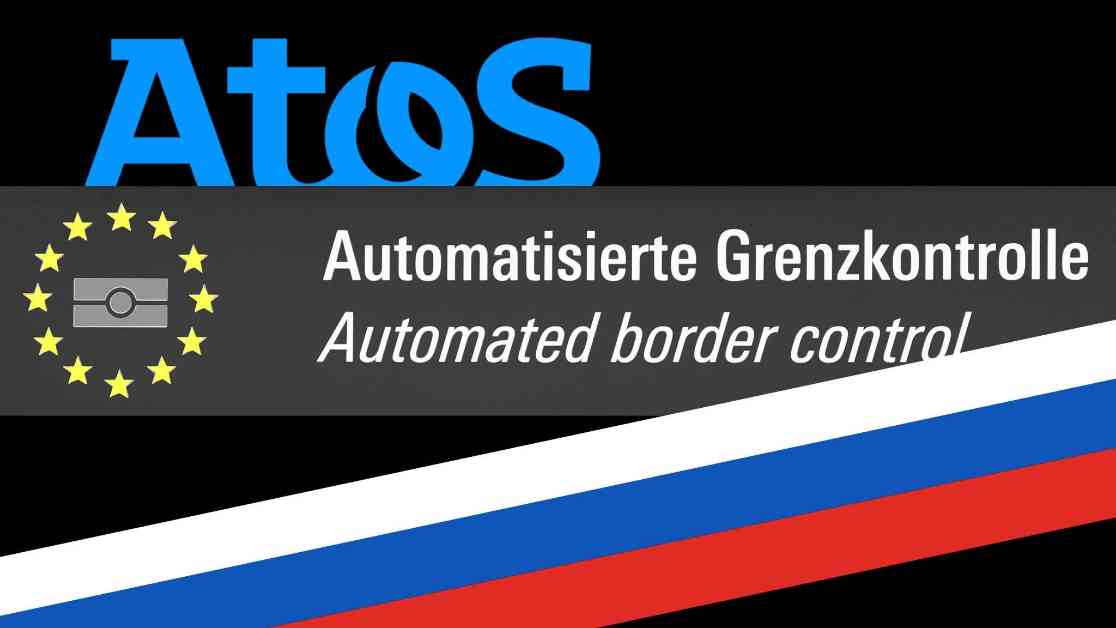An in-depth investigation has uncovered potential Russian involvement in the procurement of software used in the European Union’s border system. The purchase of this software has raised concerns about data security and sovereignty within the EU. The implications of this discovery have sparked debates among policymakers, cybersecurity experts, and the general public alike. Let’s delve into the details of this complex and controversial issue.
Uncovering Russian Links: A Closer Look
The investigation revealed that a company with alleged ties to the Russian government was involved in the sale of the software to EU border control authorities. This revelation has raised suspicions about the security of the data being collected and processed by the system. Experts warn that such links could potentially compromise the integrity of the EU’s border security measures, posing a significant risk to the region’s national security.
Furthermore, the discovery of Russian involvement in the procurement process has reignited concerns about foreign influence in critical infrastructure systems. As geopolitical tensions continue to escalate, the need for vigilance in safeguarding sensitive data and technologies from adversarial actors has never been more pressing. Experts emphasize the importance of thorough vetting procedures and stringent security protocols to prevent unauthorized access and potential breaches.
Implications for EU Security and Sovereignty
The implications of Russian involvement in the EU border system software purchase extend beyond just data security concerns. The incident has raised questions about the EU’s ability to maintain its independence and sovereignty in the face of external pressures. As the region grapples with complex geopolitical dynamics, the need for robust cybersecurity measures and transparent procurement processes has become increasingly apparent.
Policymakers are now faced with the challenge of balancing security considerations with the need for international cooperation and technological advancement. Finding a delicate balance between safeguarding sensitive information and fostering innovation will be crucial in navigating the evolving landscape of cybersecurity threats. Experts stress the importance of adopting a proactive approach to cybersecurity governance to mitigate risks and enhance resilience in the face of emerging threats.
In conclusion, the discovery of potential Russian involvement in the EU border system software purchase highlights the multifaceted challenges facing the region in the realm of cybersecurity and national security. As stakeholders across various sectors grapple with the implications of this revelation, the need for collaboration, transparency, and vigilance has never been more critical. By prioritizing data security, sovereignty, and integrity, the EU can strengthen its defenses against external threats and safeguard the interests of its citizens.






















